Carl Beech scandal: why the police watchdog is under fire
Five officers exonerated despite 43 errors shown in review of Operation Midland
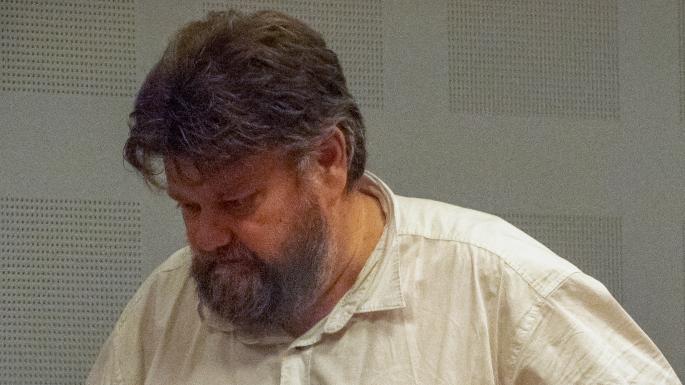
A free daily email with the biggest news stories of the day – and the best features from TheWeek.com
You are now subscribed
Your newsletter sign-up was successful
A former High Court judge has criticised the police watchdog after five officers were exonerated over the Carl Beech scandal.
The detectives were cleared of wrongdoing in their handling of the VIP sex ring allegations made up by Beech.
Beech, 51, from Gloucester, was jailed for 18 years in July after he was found guilty of 12 counts of perverting the course of justice and one of fraud. He falsely claimed that a series of public figures abused, tortured and even murdered children in the 1970s and 1980s.
The Week
Escape your echo chamber. Get the facts behind the news, plus analysis from multiple perspectives.

Sign up for The Week's Free Newsletters
From our morning news briefing to a weekly Good News Newsletter, get the best of The Week delivered directly to your inbox.
From our morning news briefing to a weekly Good News Newsletter, get the best of The Week delivered directly to your inbox.
A report by the Independent Office for Police Conduct (IOPC), released today, found that no officer should face disciplinary action, “triggering claims of a whitewash”, says The Guardian.
Former Conservative MP Harvey Proctor, one of Beech’s targets, criticised the findings, saying: “This report shows the IOPC is worse than useless.”
The IOPC investigation began in 2016 on the basis of a report by retired judge Sir Richard Henriques into the Metropolitan Police’s handling of the case, known as Operation Midland.
Henriques’ report, large parts of which were published by Scotland Yard in full for the first time on Friday, pinpointed 43 mistakes by officers looking into the Beech allegations. The most serious was that police misled a judge to get warrants to search the homes of falsely accused suspects.
A free daily email with the biggest news stories of the day – and the best features from TheWeek.com
The IOPC “identified shortcomings and organisational failings”, and made 16 recommendations to the force. However, with regards to the officers, it concluded that “the allegations Nick [the name that Beech was known by] made were grave and warranted investigation and we believe those involved in applying for the search warrant acted with due diligence and in good faith at the time”.
But in an article for the Daily Mail, Henriques says the IOPC failed to mount a “vigorous investigation” and the “tardy” publication of its report “should give rise to the most serious public disquiet”.
While all five officers “must be presumed innocent”, the IOPC’s three-year delay in reaching its findings is “gross and inexcusable and goes some way to inhibiting any further investigation”, he says.
In a statement on behalf of the Met, Deputy Commissioner Sir Stephen House said: “I am deeply, deeply sorry for the mistakes that were made and the ongoing pain these have caused. I promise we will do all we can to prevent them in the future.”
He added that the force had already acted on Henriques’ recommendations and would act on the IOPC’s in the coming days.
Michael Lockwood, the director general of the IOPC, said: “Did the officers involved make mistakes? Yes. Could police processes have been improved? Almost certainly. But did they deliberately exclude information to secure the warrants? Our investigation found no evidence of that,” the Guardian reports.
The watchdog described its own investigation as “thorough and detailed”, involving “an experienced team of investigators reviewing over 1,800 documents and over 300 statements held by Operation Midland”.
-
 Political cartoons for February 20
Political cartoons for February 20Cartoons Friday’s political cartoons include just the ice, winter games, and more
-
 Sepsis ‘breakthrough’: the world’s first targeted treatment?
Sepsis ‘breakthrough’: the world’s first targeted treatment?The Explainer New drug could reverse effects of sepsis, rather than trying to treat infection with antibiotics
-
 James Van Der Beek obituary: fresh-faced Dawson’s Creek star
James Van Der Beek obituary: fresh-faced Dawson’s Creek starIn The Spotlight Van Der Beek fronted one of the most successful teen dramas of the 90s – but his Dawson fame proved a double-edged sword
-
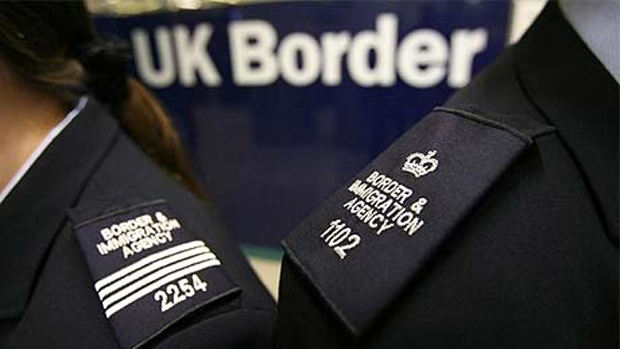 UK urged to review border security to keep out terrorists
UK urged to review border security to keep out terroristsSpeed Read Warning from former police chiefs comes amid inquiry into British link to Brussels and Paris jihadists
-
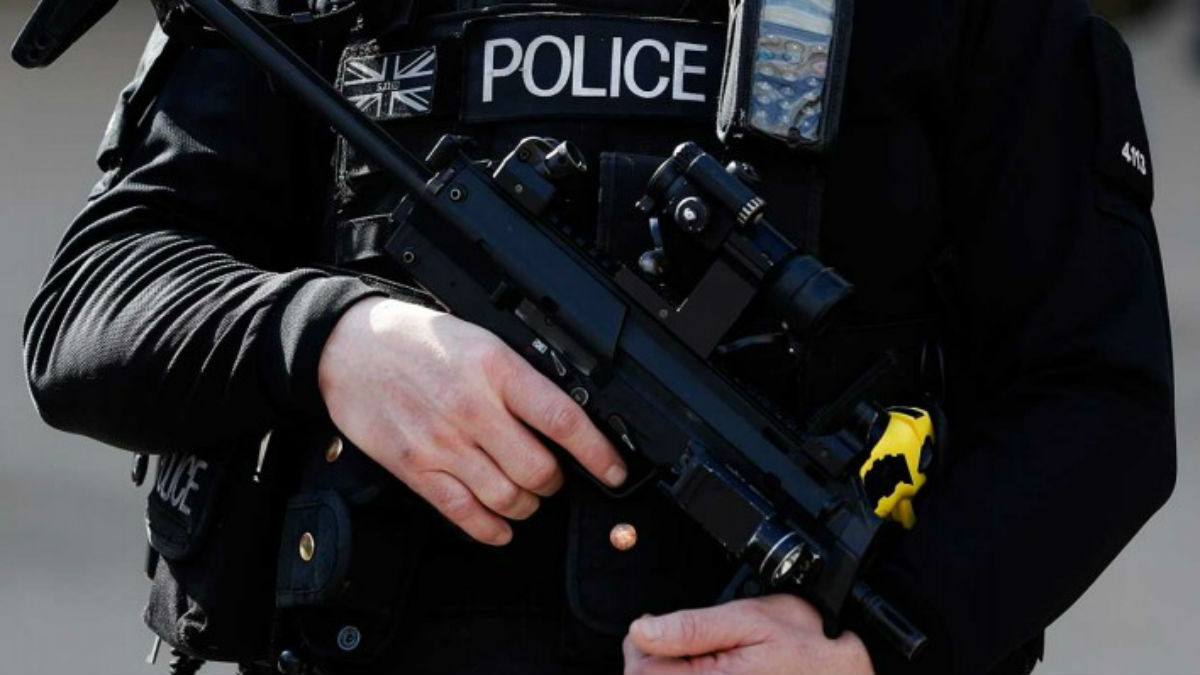 Armed police on the rise amid terror attack fears in UK
Armed police on the rise amid terror attack fears in UKSpeed Read An additional 1,500 firearms officers to be funded in England and Wales
-
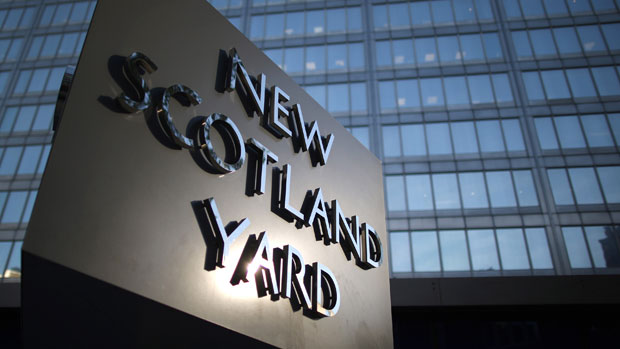 Paedophile ring: police investigate three child murders
Paedophile ring: police investigate three child murdersSpeed Read Officers investigating alleged 1970s 'VIP paedophile ring' appeal for information on Pimlico estate popular with MPs
-
 Tory MP 'strangled young boy to death', claims abuse victim
Tory MP 'strangled young boy to death', claims abuse victimSpeed Read Police investigating three alleged murders linked to Westminster paedophile ring 30 years ago
-
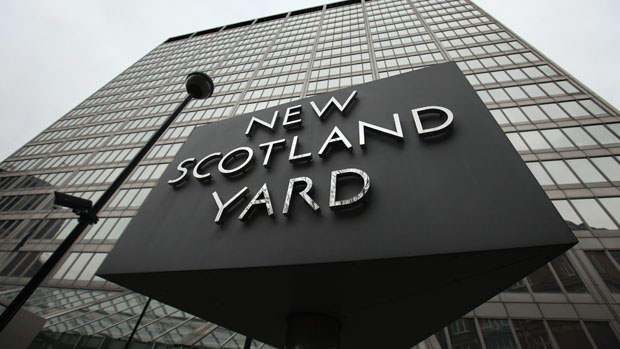 Future crimes: Scotland Yard tests 'violence prediction' software
Future crimes: Scotland Yard tests 'violence prediction' softwareSpeed Read System analyses intelligence from social networks and past offences to forecast who will commit crimes in the future
-
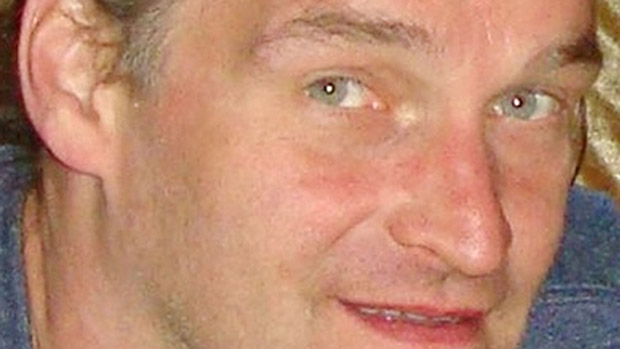 Alice Gross: why did police not know about killer’s past?
Alice Gross: why did police not know about killer’s past?Speed Read Family says questions over why authorities were unaware of Arnis Zalkalns's murderous past must be answered
-
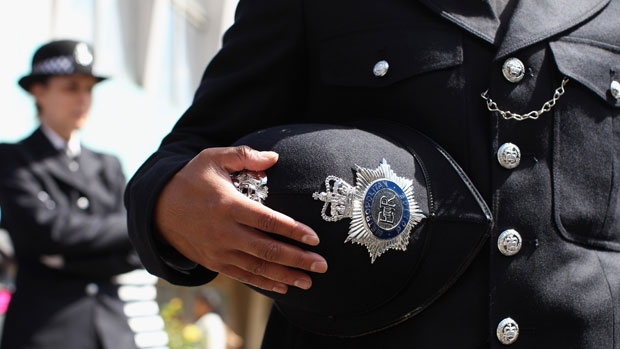 Scotland Yard policing its own officers with 'culture of fear'
Scotland Yard policing its own officers with 'culture of fear'Speed Read Report hears that figure fiddling is 'rife' in London as Met Police officers chase performance targets
-
 Madeleine McCann: phone probe 'could be key' to case
Madeleine McCann: phone probe 'could be key' to caseSpeed Read New information and 'targeted' trawl through mobile phone data raises hopes of breakthrough